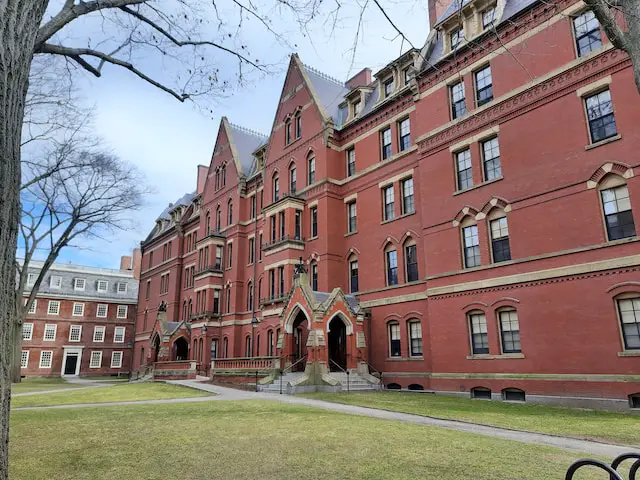The Massachusetts School of Law is a non-profit law school located in Andover, Massachusetts. The school was founded in 1988 and offers a Juris Doctor degree program. Like any law school, the Massachusetts School of Law has its pros and cons, which prospective students should consider before making a decision. In this article, we will discuss some of the pros and cons of the Massachusetts School of Law.

Pros:
- Affordable tuition: The Massachusetts School of Law is known for its affordable tuition, which is significantly lower than many other law schools in the United States. This can be especially beneficial for students who are concerned about the cost of a legal education.
- Practical curriculum: The Massachusetts School of Law offers a practical curriculum that prepares students for the real world of law practice. The curriculum emphasizes legal writing and research, as well as practical skills such as negotiation and advocacy.
- Small class sizes: The Massachusetts School of Law has small class sizes, which allows for personalized attention and support from faculty members. This can be especially helpful for students who are struggling academically or who need extra support.
- Accessible faculty: The faculty members at the Massachusetts School of Law are accessible and willing to work with students to help them succeed. Students have the opportunity to work closely with their professors and receive individualized attention.
- Focus on public interest law: The Massachusetts School of Law has a strong commitment to public interest law and social justice. The school offers a variety of clinics and internships that allow students to gain practical experience in public interest law.
Cons:
- Limited course offerings: The Massachusetts School of Law offers a limited number of courses and does not offer many specialized areas of study. Students who are interested in a specific area of law may find that the school does not offer the courses or resources they need to pursue their interests.
- Limited job prospects: The job market for lawyers is highly competitive, and students at the Massachusetts School of Law may face limited job prospects after graduation. The school does not have the same level of name recognition as other law schools, which may make it more difficult for graduates to find employment.
- Non-ABA accredited: The Massachusetts School of Law is not accredited by the American Bar Association (ABA), which may be a disadvantage for some students. Graduates of non-ABA accredited law schools may face additional hurdles when it comes to bar admission and job prospects.
- Limited networking opportunities: The Massachusetts School of Law has a relatively small alumni network, which may limit students’ networking opportunities. Networking is an important aspect of law school, and students who attend the Massachusetts School of Law may have fewer opportunities to network with legal professionals.
- Limited resources: The Massachusetts School of Law is a small, non-profit institution, which means that it may have limited resources compared to other law schools. This can impact the quality of facilities, resources, and extracurricular activities available to students.
Conclusion:
In summary, the Massachusetts School of Law is an affordable law school with a practical curriculum and a strong commitment to public interest law. However, it also has some limitations, such as its limited course offerings, non-ABA accreditation, and limited job prospects. Prospective students should carefully consider these factors when deciding whether the Massachusetts School of Law is the right fit for them.

